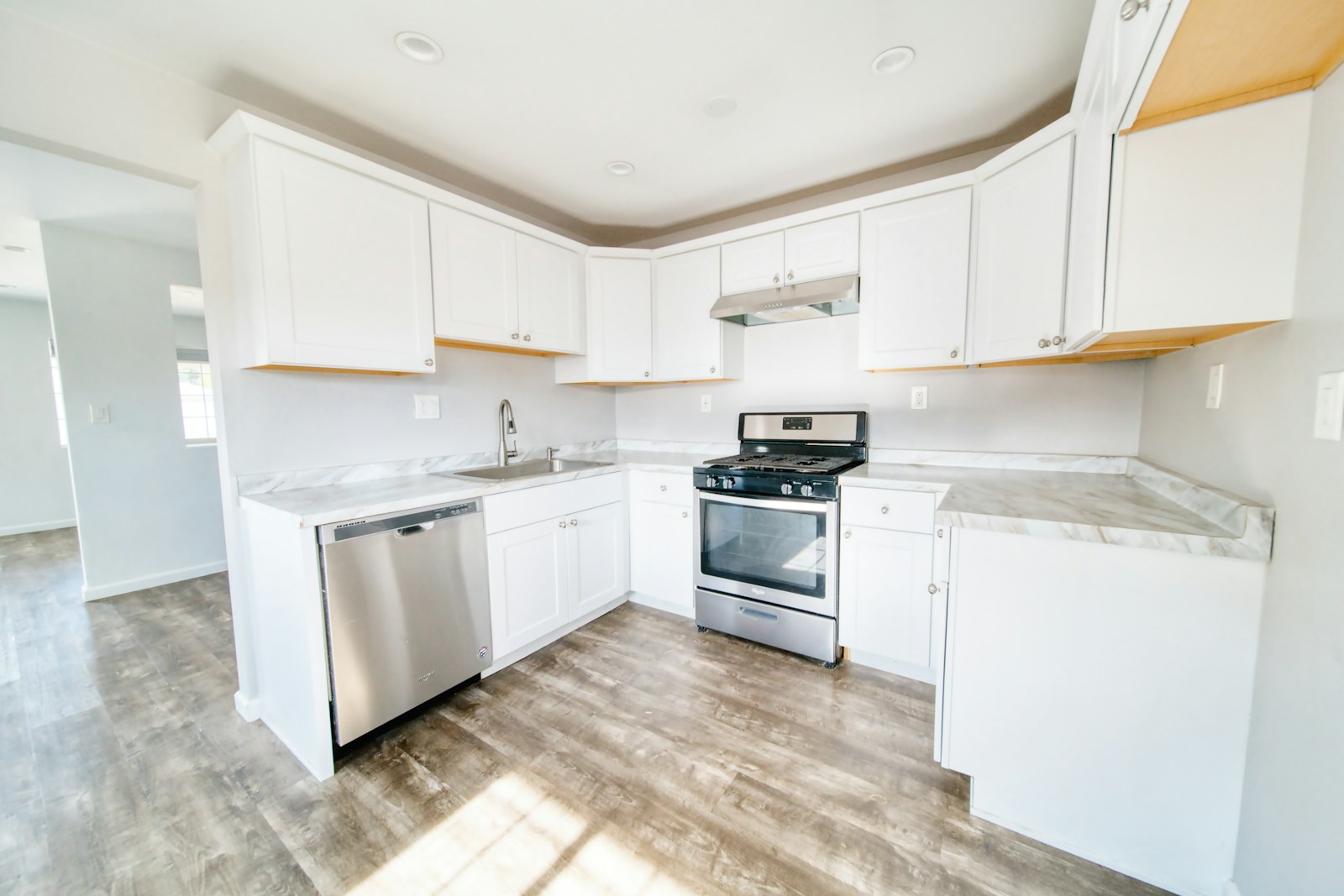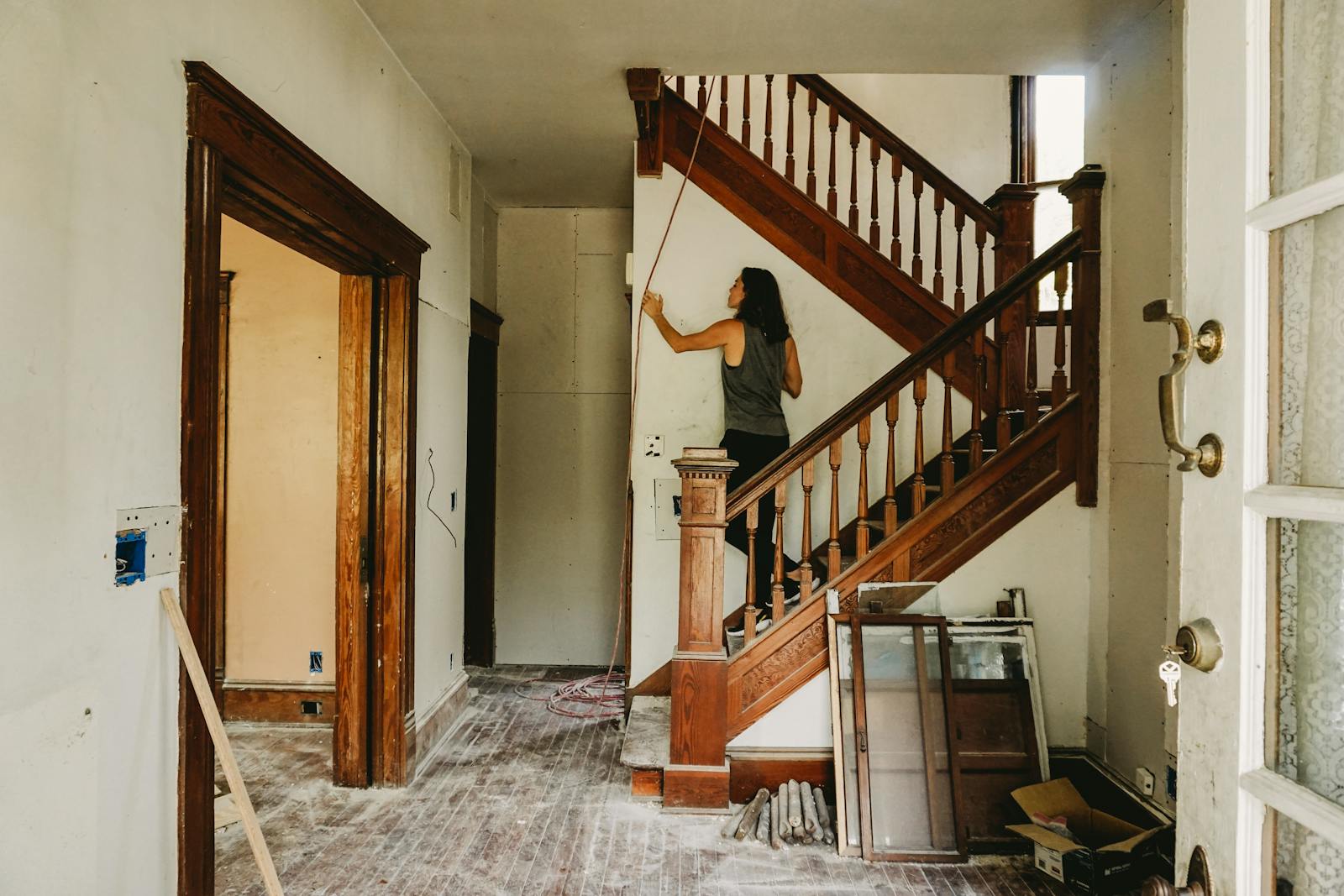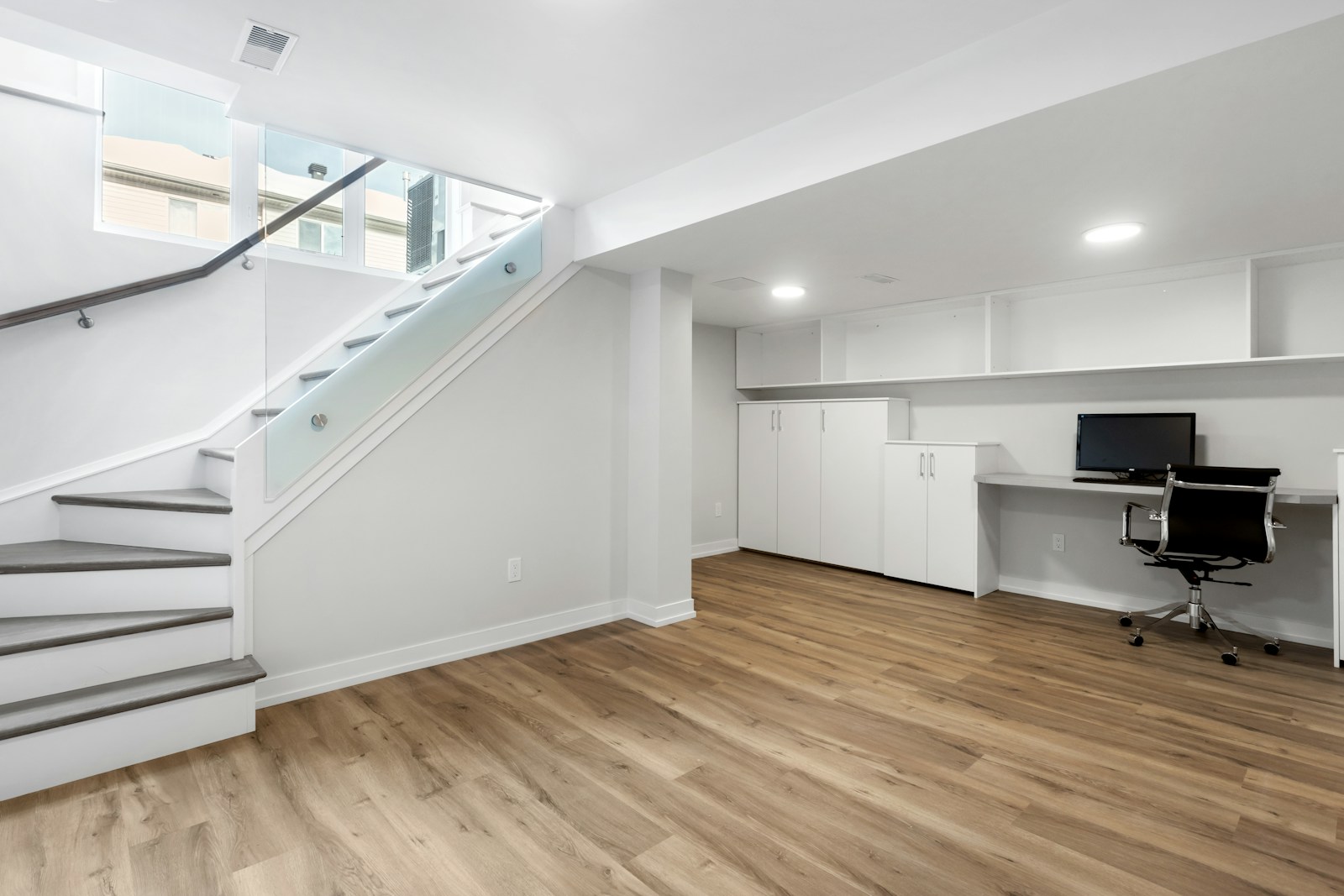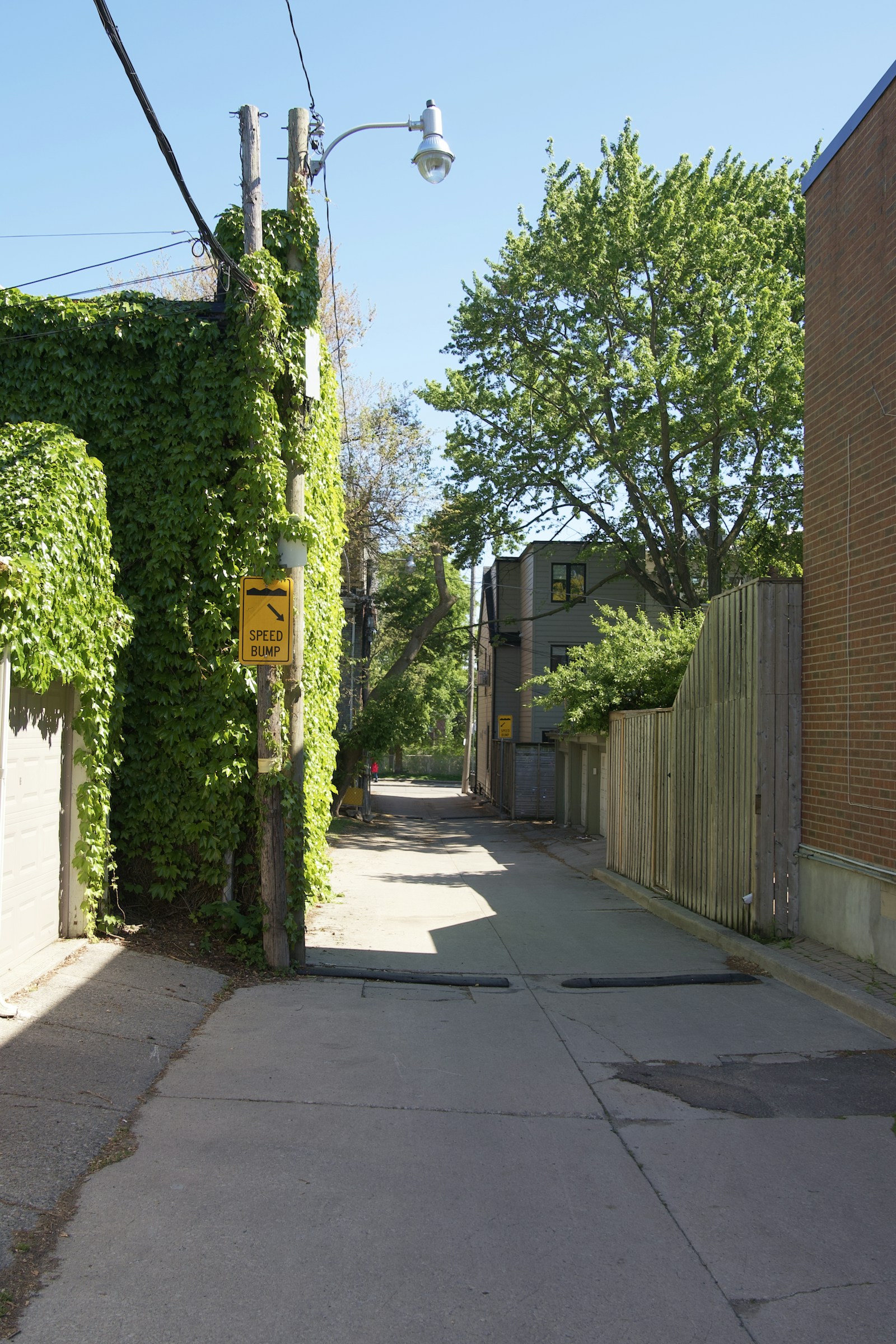Ottawa’s Rental Reality in 2025
Ottawa’s rental market has seen record demand in recent years, driven by population growth, limited housing supply, and rising interest rates. For investors, however, the challenge isn’t finding tenants — it’s finding properties that still cash flow. While hot spots like Centretown and Westboro grab headlines, several overlooked Ottawa neighborhoods continue to deliver steady rental income and long-term appreciation.
If you’re an investor seeking balance between affordability, tenant demand, and growth potential, these hidden gems deserve a closer look.
Why Cash Flow Matters More Than Ever
In a high-rate environment, positive cash flow is the difference between holding power and financial strain. Many new investors focus too heavily on appreciation, but in 2025’s market, steady monthly income is key to surviving short-term fluctuations.
Strong cash flow comes from:
Lower purchase prices relative to rental income
Stable tenant demand (students, families, professionals)
Low vacancy rates and predictable maintenance costs
Ottawa’s lesser-known suburbs and transitional neighborhoods often check all three boxes.
1. Vanier: Inner-City Affordability Meets Growth
Vanier, long known for its working-class roots, is quietly becoming a rental hotspot. Its proximity to downtown, new infill housing, and cultural diversity attract a mix of tenants — from young professionals to new Canadians.
Why It Works for Investors:
Lower entry price points than Sandy Hill or Centretown
Strong rental demand due to central location
Ongoing revitalization projects improving streetscapes and safety
Average Rent (2025): $1,900 for a 1-bedroom, $2,600 for a 2-bedroom
Investment Tip: Look for duplex or triplex conversions with modern updates — they’re in high demand among professionals.
2. Carlington: The Quietly Booming West-End
Carlington offers older housing stock ripe for value-add renovations. Located between Westboro and Experimental Farm, it provides excellent access to the city core without the premium price.
Why It Works for Investors:
Affordable entry prices for detached homes and bungalows
Increasing interest from young families priced out of central areas
Potential for secondary suites under Ottawa’s gentle density policies
Average Rent (2025): $2,400 for a main-level 3-bedroom
Investment Tip: Add a legal basement suite to maximize ROI — Carlington’s lot sizes make this feasible.
3. Britannia & Whitehaven: Hidden Waterfront Value
These adjacent west-end neighborhoods near Britannia Beach offer a mix of mid-century homes and condos with excellent transit access. While prices remain moderate, rental demand has climbed thanks to nearby LRT stations and recreation options.
Why It Works for Investors:
Access to waterfront living at non-premium pricing
Close to Algonquin College and the Queensway
Rising appeal among remote workers and young professionals
Average Rent (2025): $1,800–$2,400 depending on proximity to LRT
Investment Tip: Watch for older condo buildings with solid management — they often yield better net returns than new construction.
4. Overbrook: Transformation in Progress
Overbrook borders the Rideau River and is minutes from downtown, yet remains one of Ottawa’s most undervalued central areas. Investors are taking notice as new infill and townhome projects reshape the neighborhood’s image.
Why It Works for Investors:
Lower price per square foot compared to nearby New Edinburgh
Steady tenant pool of students, families, and downtown workers
Easy access to St. Laurent Shopping Centre and LRT stations
Average Rent (2025): $2,100 for a semi-detached 3-bedroom
Investment Tip: Seek side-by-side semis or duplexes to generate dual income streams on one lot.
5. South Keys & Hunt Club: Transit, Shopping, and Stability
For investors seeking suburban stability, South Keys and Hunt Club remain underappreciated. With direct LRT access, major shopping hubs, and diverse housing stock, these areas cater to long-term tenants and families.
Why It Works for Investors:
Strong cash flow from lower purchase prices
High occupancy due to proximity to employment and schools
Multicultural community with strong rental demand
Average Rent (2025): $2,500 for a detached 3-bedroom home
Investment Tip: Townhouses and semi-detached homes perform well here — low maintenance, reliable tenants, and quick re-rental cycles.
6. Orleans (Older Sections): East-End Reliability
While new developments in Orleans get most of the attention, older sections like Chapel Hill and Convent Glen offer solid cash flow potential. Tenants appreciate the mature trees, larger homes, and suburban calm — all within commuting distance of downtown.
Why It Works for Investors:
Family-oriented neighborhoods with long-term tenants
Lower property taxes and stable resale values
Upcoming LRT expansion improving east-end access
Average Rent (2025): $2,600 for a detached family home
Investment Tip: Focus on homes with secondary suite potential to boost returns before prices catch up to Barrhaven.
How to Evaluate Ottawa’s Rental Opportunities
When assessing any neighborhood for cash flow, consider these key investor metrics:
Perform due diligence, verify zoning for secondary units, and factor in condo fees or renovation costs before purchase.
Conclusion: Cash Flow Still Exists — If You Know Where to Look
Ottawa’s rental market in 2025 remains competitive, but smart investors can still find strong returns by looking beyond the obvious hotspots. Areas like Vanier, Carlington, and South Keys combine affordability, transit access, and growing demand — the perfect recipe for steady income and future appreciation.
With the city’s population continuing to grow and LRT expansion reshaping access, these overlooked neighborhoods could be tomorrow’s investment goldmines.













